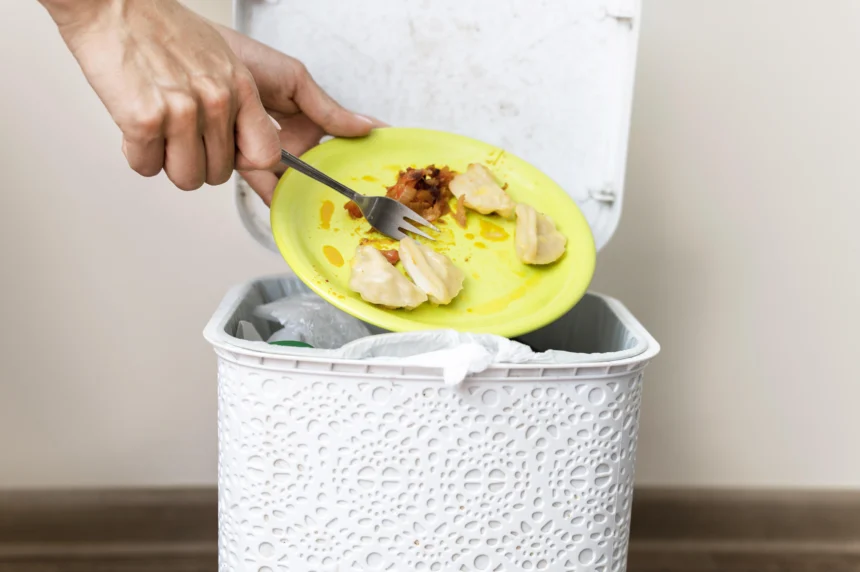India – Accor, a global hospitality leader, is taking bold steps to strengthen its commitment to environmental responsibility through innovative initiatives aimed at reducing food waste and promoting sustainable culinary practices across its hotels in India. From eco-conscious buffet planning to AI-powered waste tracking, the group is reimagining kitchen operations with sustainability at the core of its food and beverage philosophy.
Smarter Buffet Management for Mindful Dining
During high-volume service periods, such as breakfast buffets, Accor hotels in India are implementing smaller plate sizes, chef-led real-time replenishment, and batch cooking to ensure food is prepared in sync with guest flow. This is supported by daily tracking of occupancy and food consumption patterns to match production with actual demand and prevent overproduction.
At Novotel Guwahati GS Road, made-to-order breakfast items like eggs, parathas, and dosas help minimise waste. Buffet portions are deliberately kept small and replenished as required, with waste measured separately for the kitchen, buffet, and plate.
Technology-Driven Waste Tracking
Hotels like Pullman New Delhi Aerocity and Novotel New Delhi Aerocity utilise the Lumitics Smart Waste Tracker at the Farmer’s Basket restaurant to monitor waste with the help of AI. These initiatives are supported by mindful dining tent cards, a “No Bin Policy” in staff cafeterias, and event catering aligned with minimum guarantees. Organic waste is converted into compost or used for energy generation.
Engaging Guests in Sustainability
At Novotel Hyderabad Airport, guests are encouraged to participate in sustainability efforts through “Waste Not” posters displaying previous day’s waste data. The hotel uses Gaia, a digital sustainability management platform, for daily waste monitoring. Additional initiatives include small portioning, live counters, and participation in the RUCO (Used Cooking Oil) programme, alongside maintaining a kitchen garden for fresh herbs and vegetables.
Repurposing Surplus Ingredients
In Novotel Goa Candolim and Novotel Goa Resort & Spa, smaller plates, chef-supervised refilling, and surplus ingredient repurposing are standard practice. Daily staff briefings include updates on waste and consumption trends to encourage team accountability.
At Novotel Kolkata Hotel & Residences, real-time occupancy data and historical patterns are used for breakfast planning, while live counters for dosas and pancakes minimise overproduction. Edible trimmings are creatively reused to further reduce waste.
Zero-Waste Kitchen Excellence
At Pullman Chennai Anna Salai, the Food Waste Reduction and Zero-Waste Kitchen programme combines manual waste tracking, precise meal planning, and strict inventory control with a streamlined buffet presentation. An on-site composting unit converts organic waste into nutrient-rich compost for the hotel’s landscaped gardens. The property also holds a prestigious LEED Gold Certification.
Setting a Benchmark in Sustainable Hospitality
Accor’s integrated approach to food waste reduction, resource optimisation, and team and guest engagement reflects its vision of placing “People & Nature at the Heart of our Sustainability Strategy.” These efforts not only reduce environmental impact but also set a powerful industry benchmark for sustainable dining practices in modern hospitality.












